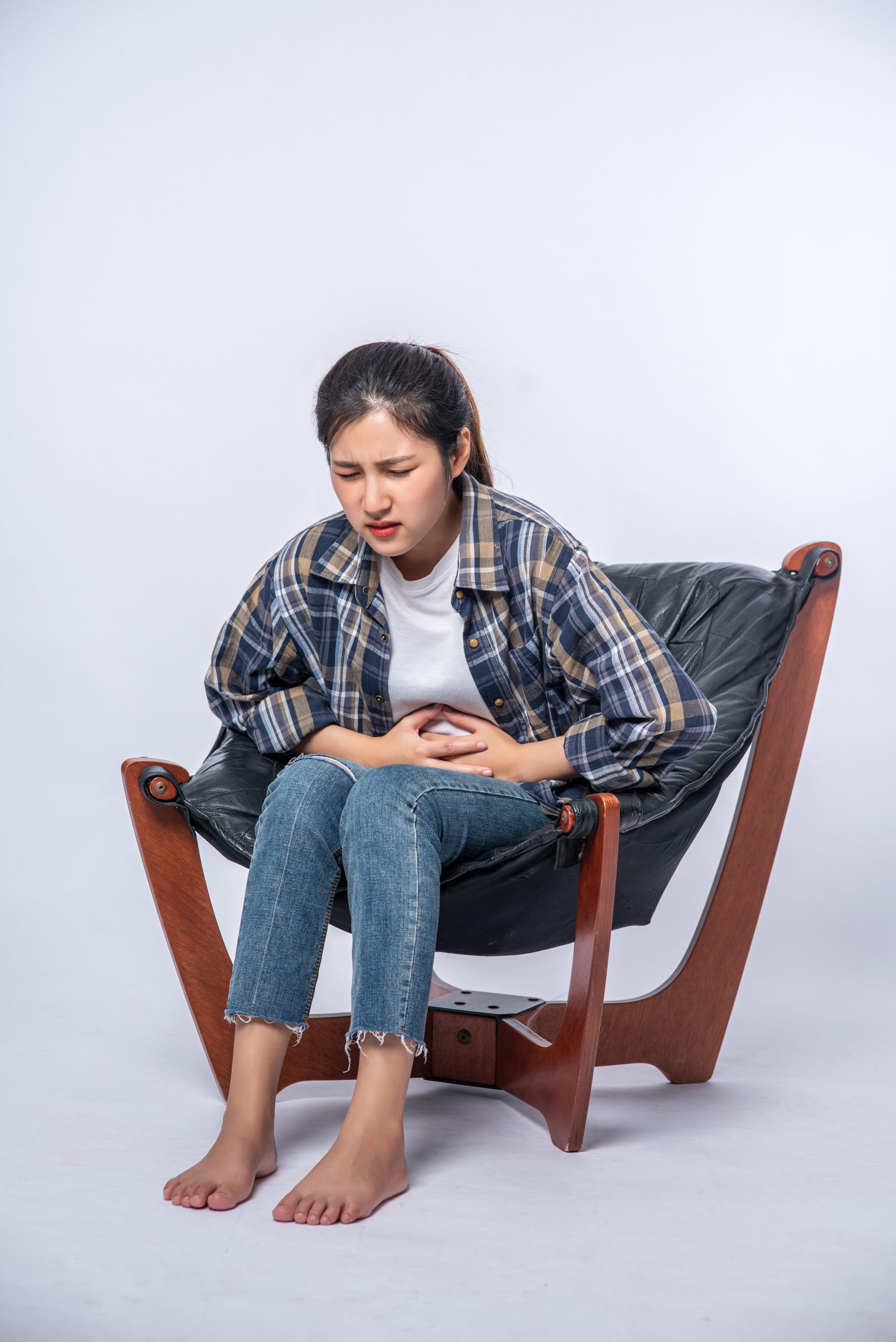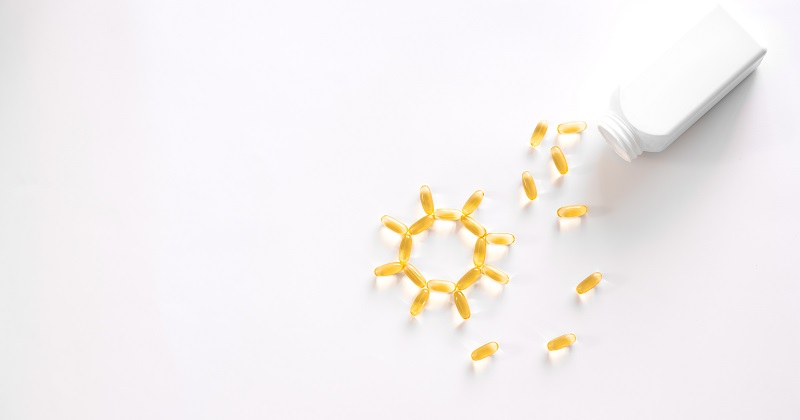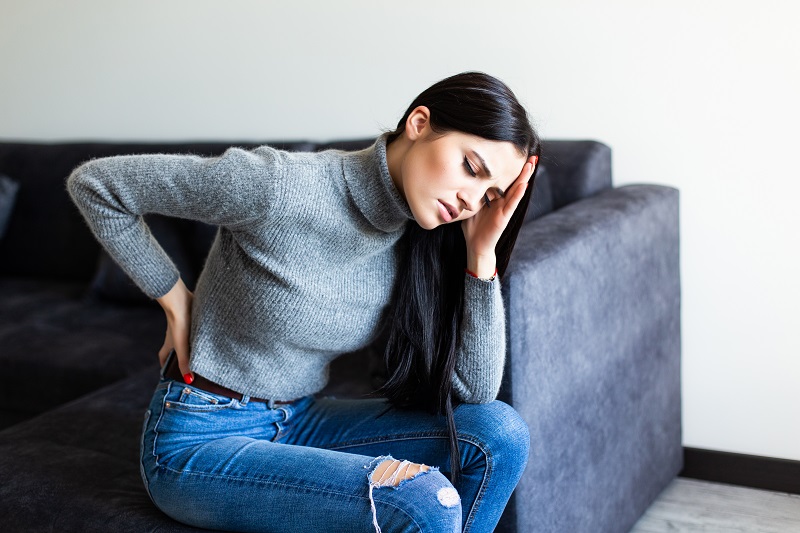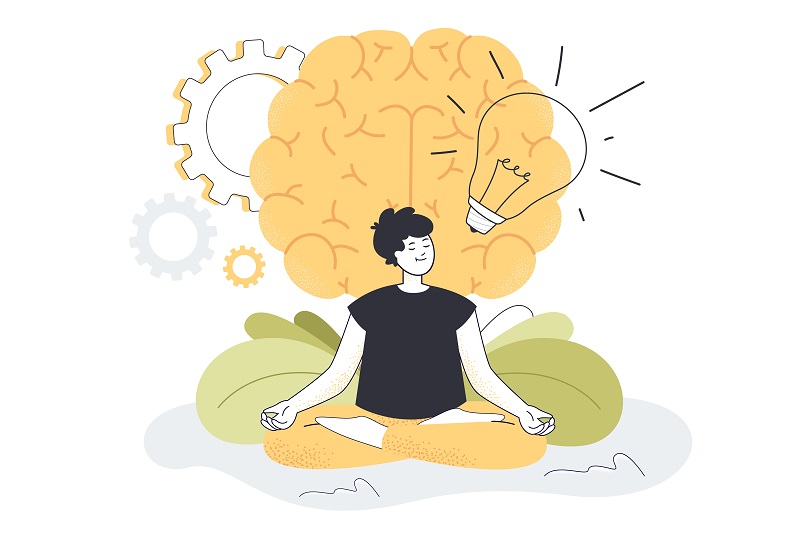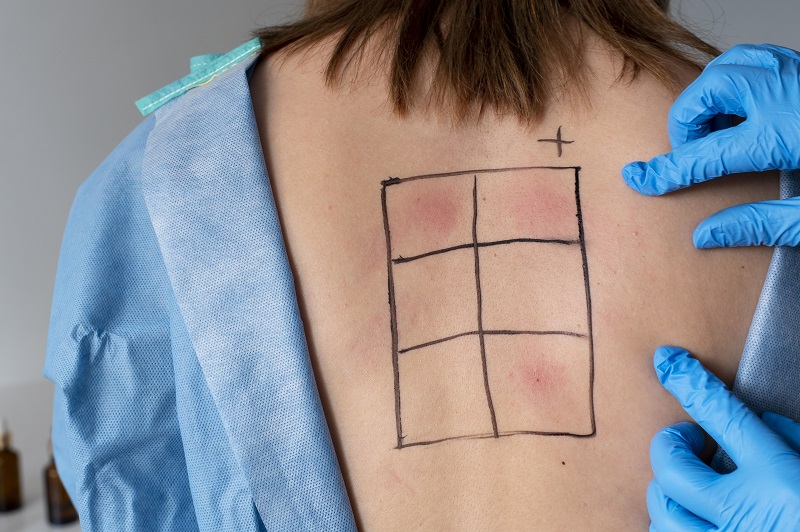The Buyt Desk
IBS is classified as a group of intestinal symptoms with abdominal cramping, constipation, diarrhoea, bloating and flatulence. IBS disturbs a person’s routine.
According to research, 15 % of the global population experiences irritable bowel syndrome (IBS) symptoms but only 4.2% of Indians experience IBS. The young population, especially women, are affected by IBS. Not all have severe conditions but many have minor symptoms of IBS. When the symptoms are very significant then it could disturb everyday life. The cause of IBS is not known but experts relate it to an extremely sensitive colon and immune system.
What is Irritable bowel syndrome?
Irritable bowel syndrome (IBS) is a disorder that affects the gastrointestinal tract which includes the stomach and intestines. It is also known as the spastic or nervous colon and spastic bowel. IBS is a collection of symptoms including abdominal cramping, abdominal pain, flatulence, bloating, diarrhoea and constipation. It is a chronic condition that stays for long periods, often years. Some may have one or more symptoms and a few severe cases have all at one time. It can be managed by managing diet, lifestyle and stress. Medication and counselling are needed in severe cases.
What are the Causes of IBS?
The cause of IBS is not known. Some studies say it is a combination of genetic factors, pain sensitivity, gut motility disorders, gut-brain axis problems, food sensitivity, neurotransmitters and infections like small intestinal bacterial overgrowth. The onset of IBS may be because of an intestinal infection triggered or triggered by stressful life events.
What are the Signs and Symptoms of IBS?
The initial symptoms of IBS include abdominal pain or discomfort along with a change in bowel habits including frequent diarrhoea or constipation or both. IBS flares and subsides. When it flares it is an acute attack of symptoms which will subside within a day or few days but symptoms may reoccur during the flare. Patients may feel an urgency for bowel movements or incomplete evacuation or bloating. Few patients may feel relieved from symptoms after bowel movements. The other issues associated with IBS are gastro-oesophagal reflux, genitourinary system issues, fibromyalgia, backache, headache and psychiatric symptoms like depression or anxiety. Studies also state that IBS patients may face sexual dysfunction mainly a reduction in libido.
The primary symptoms of IBS are –
-
Cramping
-
Abdominal pain
-
Bloating and gas
-
Constipation
-
Diarrhoea
What are the pains associated with IBS?
Abdominal Cramping is the primary pain associated with IBS. There may be some pain relief after a bowel movement. The pain intensity may change with bowel movement. There may be a change in the frequency of bowel movements. There may be a change in the way the stool looks. It may be a combination of any of these or all together.
What is the diagnosis of IBS?
IBS diagnosis happens based on the symptoms. Also, few more steps are taken to rule out the possibility of other causes of the symptoms. The patient may be asked to
-
adopt a certain diet
-
cut out specific food groups for a certain time to check allergy
-
test stool sample for infections
-
test blood for anaemia
-
perform a colonoscopy
How is IBS treated?
Currently, there is no cure for IBS. Treatment is given for relief from symptoms. Lifestyle change is advised and a few home remedies like
-
regular physical activities
-
reducing stress
-
avoiding spicy foods and deep-fried
-
cutting down caffeinated beverages as it stimulates the intestines
-
eating multiple smaller meals
-
probiotics to help relieve gas and bloating
When should one see a doctor?
Visit a doctor when symptoms do not go away after a week or when you experience a common occurrence of symptoms. Immediately see a doctor when you have
-
rectal bleeding
-
constant pain even after passing gas or a bowel movement
-
sudden weight loss
-
decreased appetite
-
nausea and vomiting
What IBS diet is advised?
For most IBS patients dietary changes will help them ease symptoms in long run. They are advised to avoid the FODMAP diet as this short-chained carbohydrate is not well absorbed by the small intestine causing issues. FODMAP diet consists of certain dairy, starch and fibrous food which should not be consumed like beans some soy products, dairy products and certain fruits and vegetables. Dietary changes vary from person to person based on their conditions and symptoms.
What medicines are administered for IBS?
Lifestyle changes and dietary alterations provide relief to most. Few may need medicines when these changes don’t work. Different people react differently to the same medication. So based on the patient’s history and medicines already taken, the medicine is administered. Medicine might be given to treat a specific symptom or to treat all symptoms. Few generally prescribed are –
-
drugs to manage muscle spasms
-
drugs to relieve constipation
-
antidepressant drug to ease pain
-
antibiotics to fight infections

